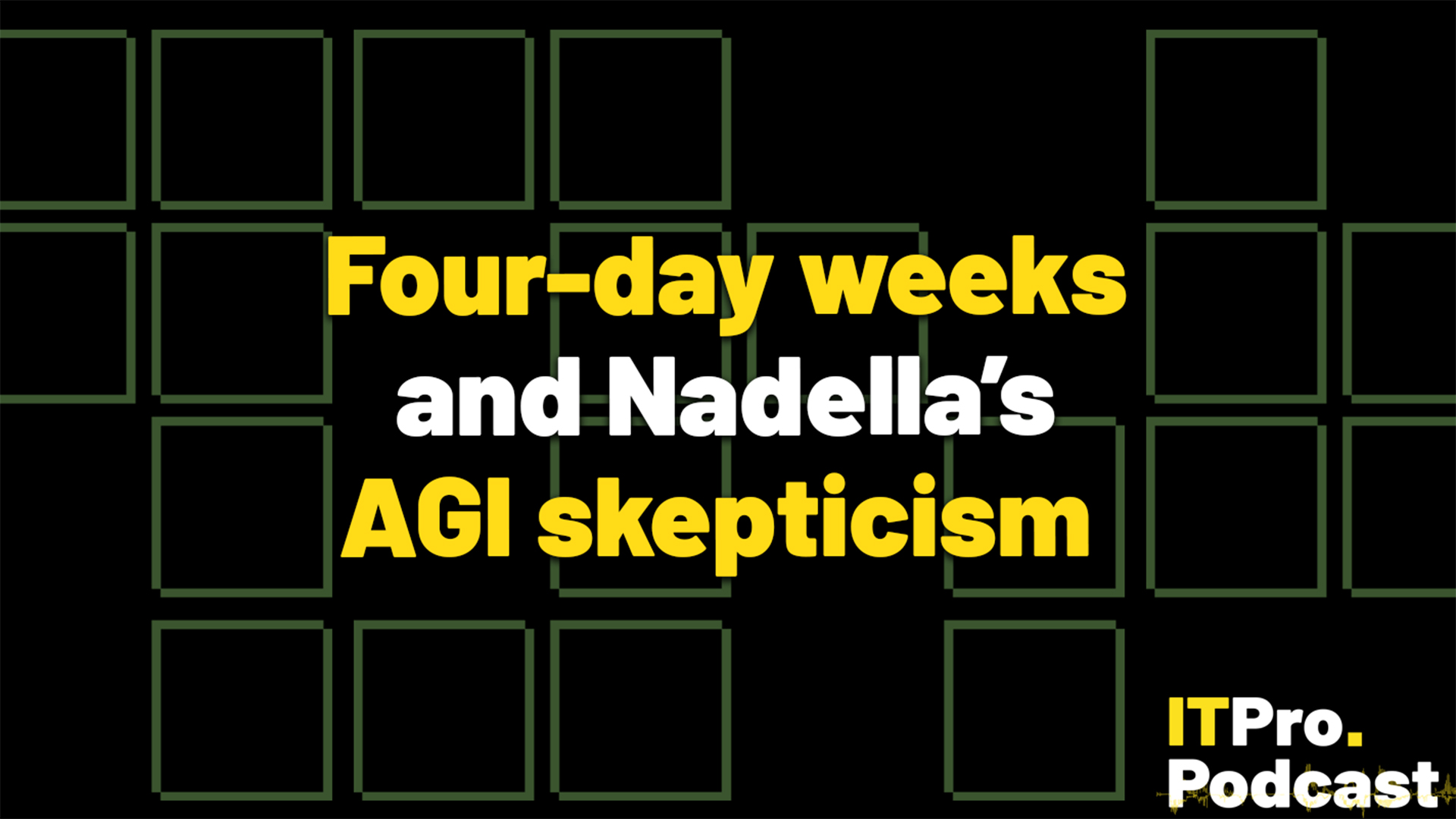Going cloud-native to bring VFX to life
VFX studio DNEG embraced Red Hat OpenShift to make life easier for its artists


If you’ve seen Oppenheimer, Dune, or Blade Runner 2049, then you’ve seen the work of DNEG. The British visual effects firm, formerly known as Double Negative, has had to contend with growing compute and data demands in its 26 year history, with thousands of hours of rendering required to bring the latest visuals from servers to the cinema screen.
In recent years, DNEG’s legacy infrastructure began to feel the strain of this task, leading the firm to work with Red Hat to adopt a cloud-native approach.
In this episode, Jane and Rory speak to Ian Abbott, software architect at DNEG, and Ollie Harding, software infrastructure architect at DNEG, to discuss how the visual effects firm has adopted a cloud-native approach to help its artists be more productive.
Highlights
“We'd reached the limit of how we could develop, deploy our solutions in in that framework. I imagine many listeners can imagine the coordination aspect of developing software to be deployed to many 1000s of workstations and servers, it can take an hour to build your software but it can easily take a day or two to organise for people to get that software. Or if you look at really bad cases, it could take some weeks to organise for artists who actually end up using that software.”
“The creative aspect is what we really want to keep at the fingertips of the artist. And in an absolutely ideal world, all of that stuff would be on on CPUs and GPUs right in front of them, I suppose. But there are so many kind of hidden aspects, you could be forgiven for calling it the boring part, which is how you keep track of everything that they've done. I think we took some took some stats from our production database a while ago, and we've got a little over 100 million unique digital assets. And something like a billion connections between digital assets.”
“For example with DNEG we're a global company, we're always expanding. And using things like the GitOps component in our OpenShift clusters mean that we can, very quickly, if we decide to expand to another area of the world, we can set up our clusters, and we can just configure those up.”
Footnotes
- How cloud-native agility helped DNEG level up its award-winning VFX
- Cloud-native tools are becoming more popular in Europe than the US
- Red Hat launches OpenShift Platform Plus alongside new managed cloud services
- Red Hat unveils new application services toolbox for developers
Subscribe
- Subscribe to The IT Pro Podcast on Apple Podcasts
- Subscribe to The IT Pro Podcast on Spotify
- Subscribe to the IT Pro newsletter
- Join us on LinkedIn
Get the ITPro daily newsletter
Sign up today and you will receive a free copy of our Future Focus 2025 report - the leading guidance on AI, cybersecurity and other IT challenges as per 700+ senior executives

Rory Bathgate is Features and Multimedia Editor at ITPro, overseeing all in-depth content and case studies. He can also be found co-hosting the ITPro Podcast with Jane McCallion, swapping a keyboard for a microphone to discuss the latest learnings with thought leaders from across the tech sector.
In his free time, Rory enjoys photography, video editing, and good science fiction. After graduating from the University of Kent with a BA in English and American Literature, Rory undertook an MA in Eighteenth-Century Studies at King’s College London. He joined ITPro in 2022 as a graduate, following four years in student journalism. You can contact Rory at rory.bathgate@futurenet.com or on LinkedIn.
-
 Cleo attack victim list grows as Hertz confirms customer data stolen
Cleo attack victim list grows as Hertz confirms customer data stolenNews Hertz has confirmed it suffered a data breach as a result of the Cleo zero-day vulnerability in late 2024, with the car rental giant warning that customer data was stolen.
By Ross Kelly
-
 Lateral moves in tech: Why leaders should support employee mobility
Lateral moves in tech: Why leaders should support employee mobilityIn-depth Encouraging staff to switch roles can have long-term benefits for skills in the tech sector
By Keri Allan
-
 Four-day weeks and Nadella's AGI skepticism
Four-day weeks and Nadella's AGI skepticismITPro Podcast As the Microsoft chief casts doubt on ultra-advanced AI systems, a famous security blogger has fallen victim to a classic attack
By Rory Bathgate
-
 Creating space for women in tech
Creating space for women in techITPro Podcast Tech's huge gender divide can only be tackled with more welcoming, proactive sectoral efforts
By Rory Bathgate
-
 What is the EU's AI plan?
What is the EU's AI plan?ITPro Podcast As the EU moves to enable AI innovation, it could end up striking the perfect balance between regulation and public support – especially as US AI laws become more complex
By Rory Bathgate
-
 The trends we’re watching in 2025
The trends we’re watching in 2025AI for security and sovereign cloud could be top driving forces in the coming year
By Jane McCallion
-
 The 2024 that didn't happen
The 2024 that didn't happenThese are the megatrends of the year that failed to materialise
By Jane McCallion
-
 What DORA means for business
What DORA means for businessITPro Podcast Stringent requirements for third party monitoring and ongoing resilience testing could help put businesses on the best track for security
By Rory Bathgate
-
 Can the four-day week work for tech?
Can the four-day week work for tech?ITPro Podcast As the four-day week gives Icelandic workers a boost, we also look at whether AI coding is up to scratch – and if OpenAI can keep its funding momentum
By Rory Bathgate
-
 How to sell cyber security without the FUD
How to sell cyber security without the FUDITPro Podcast A trusted network of cybersecurity marketing professionals can help professionals cut through at the board level
By Rory Bathgate